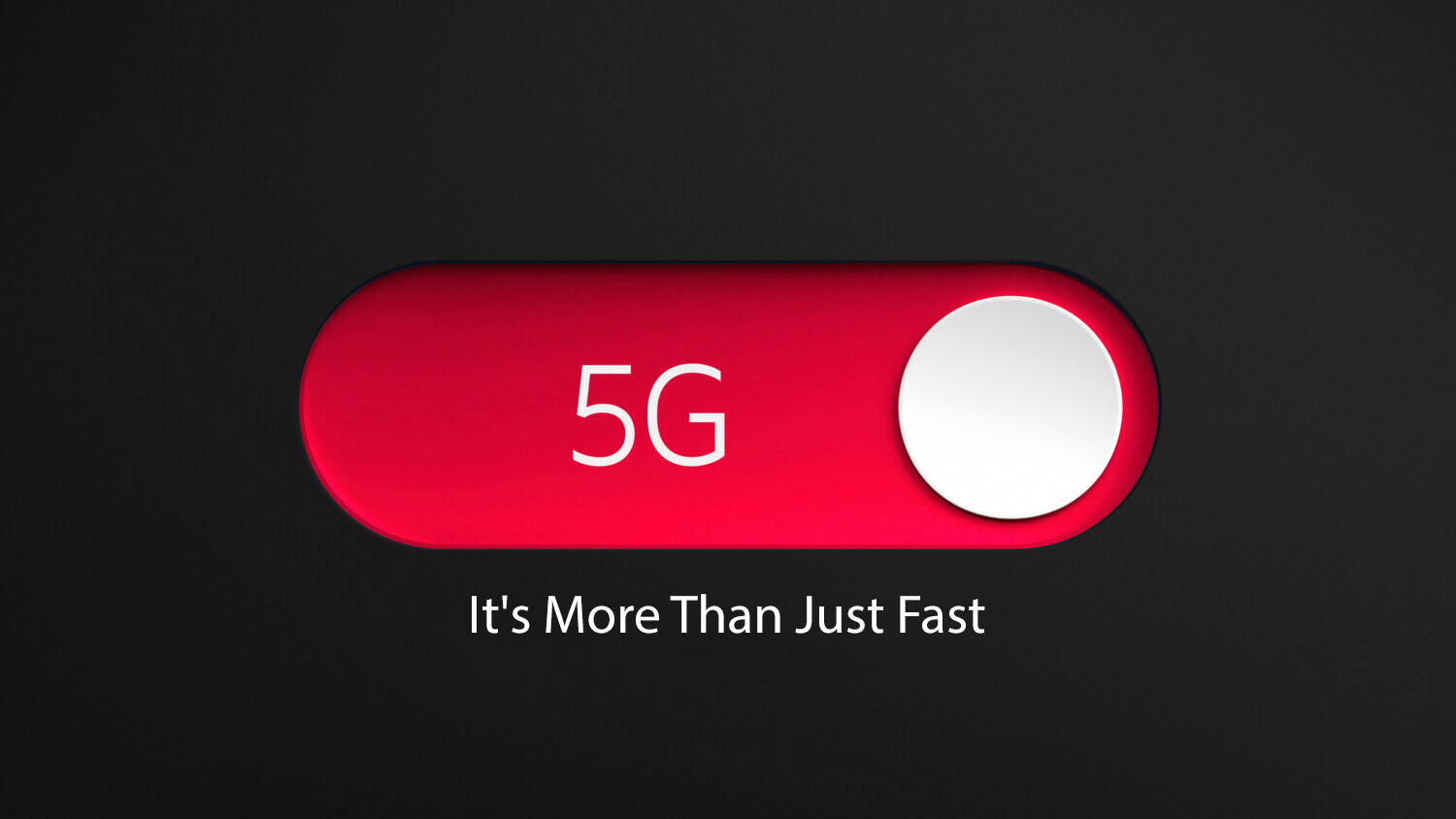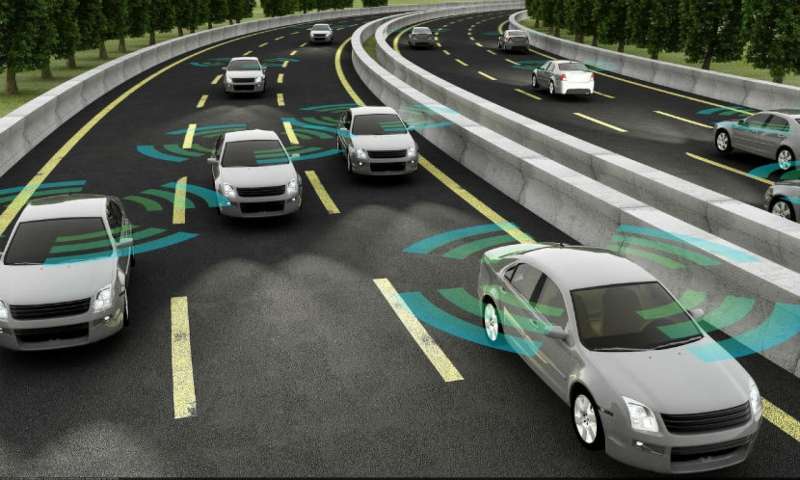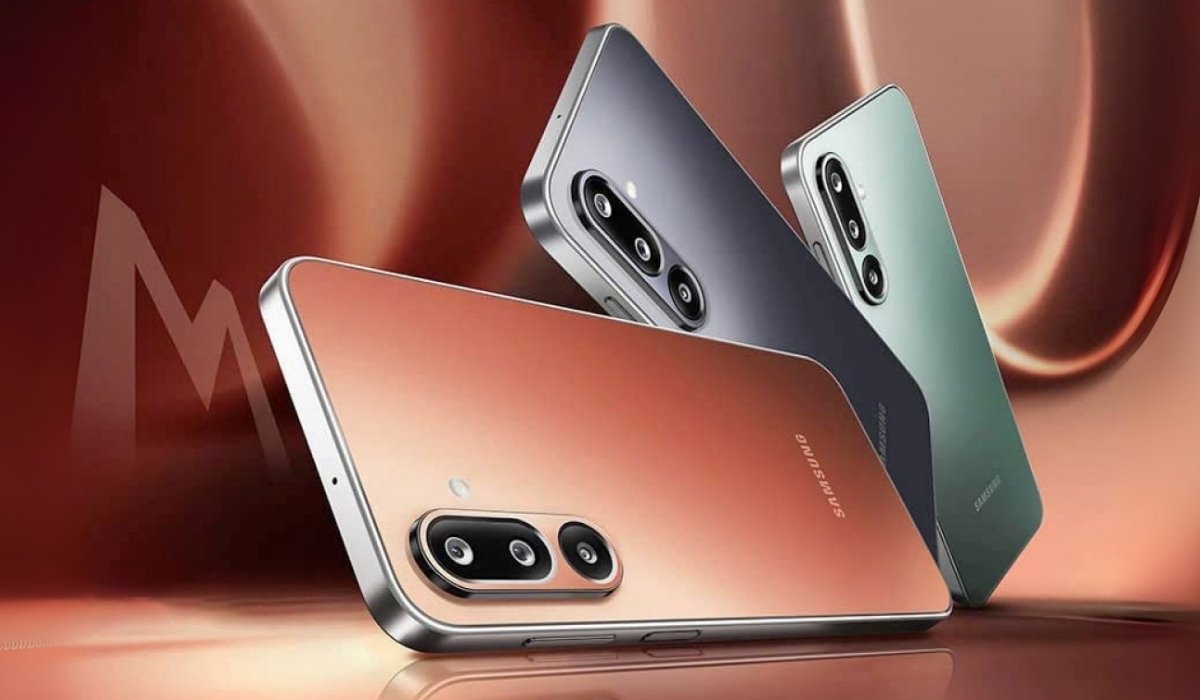If you’re a regular follower of tech news, you’d have noticed that one of the recurring headlining ‘thing’ for the past two years has been 5G. People in the industry herald it as “the next big thing”. O2 CTO Brendan O’Reilly even went as far as to say that “5G will have a bigger impact than the introduction of electricity”. That is one hell of a claim when you think how much electricity has impacted our lives.
But for most people out there, including me until a few days ago, 5G sounds something like 4G but higher speeds. While it is true that 5G gives us significantly higher speeds than 4G networks could (100 times faster, 1Gbps down speed), its benefits and impact don’t just end there. 5G isn’t just going to help you download your movies way quicker, it will revolutionize interconnected networks and pave the way for new and exciting developments in the future some of which we may not even have thought of.
Let’s talk about a few of the benefits and influence of 5G that we have anticipated.
1. The dream of Internet of things may finally come true
IOT has been a hot topic in the tech industry for a long time. The idea of having multiple devices connected to each other, sharing information to make our lives easier is something straight out of science fiction. We have succeeded in making this work, like the integration between your thermostat, your door, and your AC but the success hasn’t been as grand as many people hoped it would be.
One reason that this couldn’t happen was that you couldn’t connect many devices to a single server with previous standards. Using Wi-Fi, you could connect 50 devices at best. But 5G’s one main feature is called MMTC (massive machine type communications). It can support up to a million devices on a square kilometer area.
So, if you want to control a 1000 lights individually at a concert, you can now do that easily in a single network without slowing the connection. You want that 1000 lights to be connected to the other 100 speakers and program their intensity to rise and fall according to the sound output, you can do that with no problem too.
2. The lives of autonomous cars will be much easier
When 5G lands, autonomous cars from one company will be able to communicate with each other in real time while on the street. So if one car happens to suddenly find itself in a road that has been blocked for construction temporarily, it can communicate this information to other cars and vehicles directly and suggest them to take another route.
This will be a boon for the problem of traffic congestion and will save a lot of heads from aching. Not only this, roads could be made clear for any ambulance or emergency in a short time.
3. Lower latency opens a ton of possibility
One of the hallmark features of 5G is URLLC (ultra Reliable Low Latency Communications). 5G tech has reduced the latency down so much that finally game streaming seems like a real possibility. When Google Stadia finally releases, I think they would be advertising that the service works best on a 5G network. The lower latency also benefits video calls, live conferences, etc.
This also means that something as sensitive as surgery could be done remotely. If you want the best doctor to work on the patient but he is not in the country, you can go to a hospital and ask for remote surgery. This may not happen next year but within the next 10 years, this might be the norm.
4. New startups and use cases
The 4G revolution gave birth to services like Uber, Spotify, and Netflix. As the internet becomes faster and more robust, different apps and services will flourish to take advantage of it. One of the services we talked about was game streaming. New virtual reality applications may enter the market.
Final word
Hearing the praises of 5G may have got you riled up and you may be drooling at the future to come. However, you should note that these advancements will take time to be adopted. First, the coverage area for 5G need to increase. Currently, only a handful of cities in the US have 5G coverage. So you can estimate how long it will take for Nepal to get coverage. Probably 8 years, unless CG has some plan.
Next is that the initial speeds of 5G networks may not drastically better than of the 4G network. What I mean to say is that, though some speak of the possibility, 1Gbps may not happen in the first year that 5G arrives. But as the tech develops, we may see this limit reached.
No technology brings about drastic changes in a single day. The world will slowly realize the potential of 5G as few people who see its potential start to work on it. And after 6 years, when we look back, we may not be able to imagine how we lived without this amazing technology.
-
Bajaj Pulsar 220 F Price in Nepal (July 2025 Updated)HIGHLIGHTS Bajaj Pulsar 220 F price in Nepal is Rs. 4.15 Lakhs. It features Dual-Disc…
-
Infinix Smart 10 Series is Launching in Nepal Soon: 120Hz Refresh Rate in a BudgetHIGHLIGHTS The Infinix Smart 10 series price in Nepal could start at Rs. 10,999 (4/64GB).…
-
Samsung Galaxy M36 Coming Soon to Nepal: It’s Different*HIGHLIGHTS The Samsung Galaxy M36 price in Nepal could be Rs. 44,999 (8/256GB). It has…
















